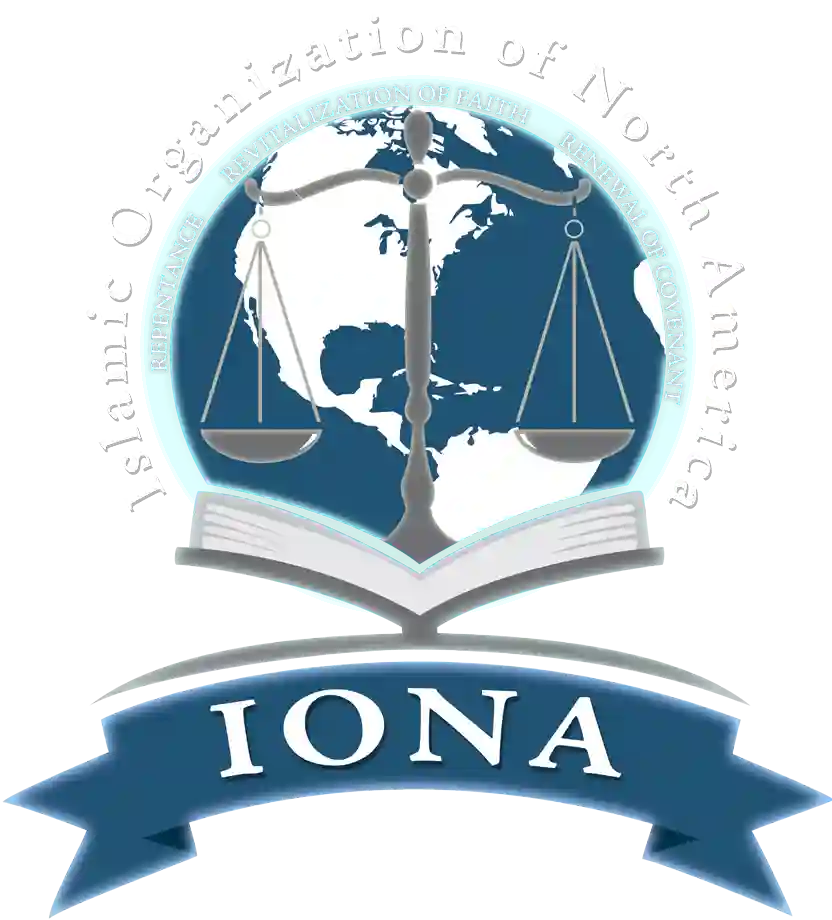IONA in the News
IONA At The Sunni-Shia Forum In Michigan (July 1, 2013)

Director of Interfaith & Community Alliances, joined the Michigan Muslim Community Council (MMCC) for a dialogue between Sunni and Shia leaders. Dr. Syeed spoke about recent events of the Arab spring as the basis for discussion and collaboration with the intent for reconciliation.
The forum began with this objective: “There are significant areas of shared beliefs and values held in common between our Shia’ and Sunni communities, organizations, and service institutions. There is agreement among our imams that it will be beneficial and contribute to the further unification of our diverse communities and organizations to highlight and emphasize those commonly held areas through a process of mutual consultation.
These consultations are intended to help bring communities together in closer cooperation and concrete actions to resist and reject the influence and effects of sectarianism in our communities.” Dr. Syeed addressed the gathering of Michigan Muslim leaders and imams at a time when the tension between Sunnis and Shias is at all time high in the Middle East.
He thanked the MMCC for organizing the conference at this critical time in order to send a message of solidarity to the Muslim Ummah. He continued: “This year is a special one for people in Detroit because it is the 50th anniversary of the Rev. Dr. Martin Luther King’s visit to Detroit with his civil rights message and his march on Washington, DC. It so happens that this is the same year that the Muslim community’s development in America took a new direction. This year we are celebrating the 50th anniversary of the founding of the Islamic Society of North America. “Our greatest achievement has been the integration of Muslims of all races and of all schools of thought. This emergence of this American Muslim community is an experiment in the growth and development of a tolerant community that is respectful of diversity. We rejected an interpretation of Islam that would have set us against each other. We have had leaders presiding over this movement from both Sunni and Shia backgrounds. In 2006, ISNA was proud to invite former Iranian President Mohammad Khatami to address the largest Muslim convention in the Western world because he was a champion of dialogue. Muslims of all persuasions felt proud and empowered by his presence. “When tensions rose in Iraq, Pakistan and Afghanistan in 2007, we brought together all major American Sunni and Shia leaders in Chicago and announced a Muslim Code of Honor that was committed to and signed in front of thousands of rejoicing Muslims. The impact of this Code of Honor has had an incredible international effect. It was translated in several different languages and we have heard reports that it inspired Sunnis and Shias in vulnerable places in Afghanistan and other countries. “This 50 year growth of harmony and understanding naturally prompts us to look to the current events in the Middle East and reject any instance where we see radicalization or sectarian polarization. We have prayed for our brothers and sisters in the Middle East to gain freedom from tyrants like Muammar Ghaddafi, Hosni Mubarak, and Zine El Abidine Ben Ali, and we are jointly celebrating the fulfillment of our du’a in terms of the Arab Spring. We continue to pray for the people of Syria to have a similar deliverance from tyranny and repression. Having prospered in America as a minority, we believe that Syria can also adopt a democratic constitution that will guarantee freedom and empowerment for all, both majority and minorities. We collectively support that kind of pluralist democratic society. We know that minority rule cannot continue anywhere and no minority can accept that arrangement. We have seen how the civil rights movement in this country paved the way for us as Muslims and for African American minorities. This is our vision of Islam for ourselves and for countries with Muslim majorities. “ISNA is proud to be a part of Shoulder to Shoulder: Standing with American Muslims; Upholding American Values, a campaign together with Jewish and Christian organizations that works to ensure that anti-Muslim sentiment never becomes mainstream in America. On multiple occasions, prominent national Jewish and Christian leaders came forward and fought for the rights of Muslims. They believe and we believe that bigotry against one religion is bigotry against them all. It is our duty to see that we generate this same spirit in the Muslim world, a spirit where majority religious groups come forward to protect minority groups. If Christians and Jews are standing up for Sunnis and Shias alike, there is a compelling moral duty for Sunnis and Shis to stand up for each other and jointly for people of other faiths.”
The participants identified tangible steps for relationship-building, along with follow-up action items such as the creation of a task force delegated with the responsibility of cultivating and nurturing the relationship-building process.
The Shia and Sunni co-chairs of the MMCC Imams Council joined sixty Muslim community leaders and area imams representing various mosques across the tri-county area, to pledge to keep the sectarian influences currently plaguing the Middle East out of American Muslim communities, reaffirming American and Islamic values of religious tolerance.
Imam Mohammad Ali Elahi of the Islamic House of Wisdom, the Shia co-Chair, emphasized marching on the road of moderation and standing for truth and justice, regardless of religious affiliations. He stated “The brutal bloodshed in the Middle East from Iraq to Syria, Lebanon, Pakistan, Afghanistan and Egypt has nothing to do with true teachings of Islam, nor is terrorism and extremism.” He added “the factions are engaged in political domination.” The Imams’
Council of the MMCC and other Islamic leaders in Michigan continue to meet regularly to enhance communication within the diverse Muslim community as well as to reach out to the interfaith community, building relationships and alliance in pursuit of an inclusive community and peaceful neighborhoods.
